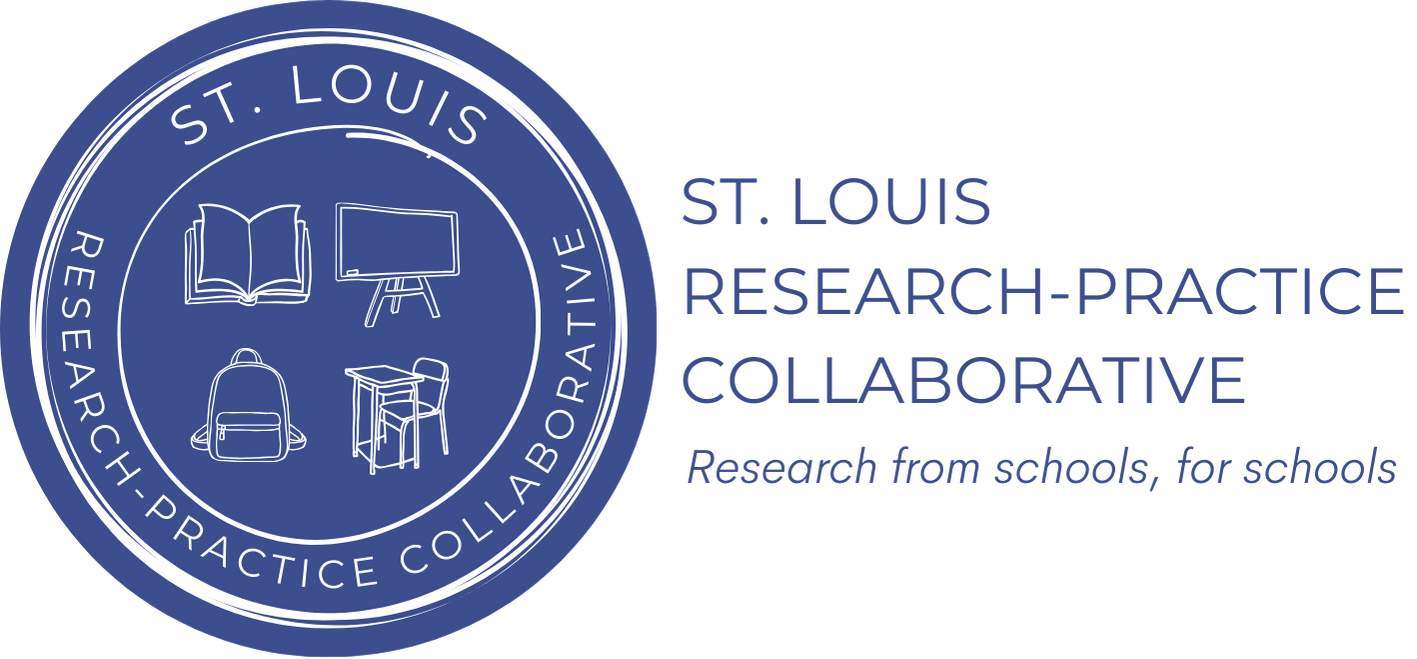What is a Research-Practice Partnership (RPP)?
Research-practice partnerships (RPPs) are “long term, mutualistic collaborations between practitioners and researchers that are intentionally organized to investigate problems of practice and solutions for improving outcomes” (Tseng, Easton, Supplee, 2017).
In traditional forms of research, a researcher may define a research question and seek partners and participants to help conduct and learn from the research. In the RPP model, researchers and practitioners jointly define research agendas and collaboratively answer questions that build knowledge and practice. Practitioners’ participation in RPPs ensures that research agendas are relevant to their work, which is critical to ensuring the relevance of research to school improvement practices.
Research-practice partnerships are long-term, mutually beneficial collaborations that promote the production and use of research.
– WT Grant Foundation
What evidence is there for RPPs?
School districts that have made substantial gains in serving children have had some type of research-practice partnership, whether that be through learning communities that utilize “plan-do-learn-act” continuous learning cycles or those that utilize dashboards for quality improvement. Advocates for RPPs suggest that they enable greater use of data and research in decision-making (Tseng, 2012) as well as address pernicious problems of practice that plague schools (Coburn & Penuel, 2016). Admittedly, however, research on the effectiveness of RPPs is scant–focused on a narrow set of outcomes (Coburn & Penuel, 2016).
Anecdotally, the model and proof point for RPPs is best represented by the University of Chicago’s Consortium for School Research, amongst others. Their partnership is hailed in education circles as key to the transformation of Chicago Public Schools as the most improved urban public school district in the nation. Dr. Sean Reardon from Stanford University found that Chicago’s students learn and grow at a rate that is 96% faster than other school districts in the country–including wealthier school districts.
National Network of Education Research-Practice Partnership Members
Over the past 10 years, at least 13 cities, including New York and Los Angeles have created a version of the UChicago consortium’s model of an RPP. The National Network of Education Research-Practice Partnerships has over 50 members, illustrated on the map above.
Read more about forming RPPs here.

